Indian academic raps pharma companies' patent rights monopoly
A university professor says patent rights owned by the world’s leading pharmaceutical companies have given them a monopoly over production and distribution of COVID-19 vaccines, leading to insufficient supplies.
“The major factor limiting the supply of approved vaccines is the persistence of patent rights that give pharmaceutical companies a monopoly on production, confining supplies to their own capacities and the few production licenses they choose to issue to others,” Jayati Ghosh, a professor of Economics at the Centre for Economic Studies and Planning, School of Social Sciences in Jawaharlal Nehru University, New Delhi, told Press TV in an exclusive interview on Friday.
Major pharmaceutical companies, she added, have nevertheless received massive government subsidies, and in some cases their research and development costs have even been covered completely.
“Insufficient production is an important reason behind unequal, unjust, and incompetent global distribution [of COVID-19 vaccines]. This approach will delay the resolution of the ongoing pandemic and creates concerns about the international community’s ability to cooperate to address even greater challenges ahead,” Ghosh noted.
She said hoarding by rich countries has prevented the world’s poor countries from acquiring the vaccines.
“An every-country-for-itself approach is irrational and even counterproductive, yet that is exactly what has happened. Wealthy countries and individuals have monopolized early doses of the COVID-19 vaccines. Forty-four bilateral deals between governments and pharmaceutical companies (dominated by rich countries) were signed last year, and at least twelve have already been signed this year.
“Rich countries are now stockpiling vaccines that they have grabbed. They are even throwing away vaccines because they have hoarded them and have not been able to distribute them all within their own societies,” Ghosh said.
The academic went on to say that the worldwide initiative aimed at equitable access to COVID-19 vaccines – better known as COVAX –remains underfunded, and has even not been able to purchase the doses required for free distribution to poor countries as planned.
“Out of around 5 billion vaccine doses that have been administered globally until the end of August, less than 5 percent have been distributed by COVAX. It seems obvious that a pandemic can be overcome only when it is confronted everywhere. The delayed vaccination of people across the world increases the possibility of virus mutation, reducing the ability to control the pandemic even in rich countries that have bagged vaccines,” Ghosh said.
“Prolonged fear of infection, because of inadequate vaccination, affects economic prospects, inhibiting and delaying global economic recovery. These risks are so great that rich countries would still benefit even if they decided to pay on their own for vaccinating the entire world’s population.”
Ghosh also said US sanctions on Iran have not only made it difficult for the Islamic Republic to purchase required drugs and medicines, but have also put obstacles on the path of importing the essential raw materials and other ingredients needed to make vaccines inside the country.
'Hands on trigger': IRGC warns US and Israel against any miscalculation
VIDEO | US and Israel’s failed terrorism
After Venezuela, Trump sets sight on Cuba for 'regime change': Report
Trump’s ‘bulldozer’ diplomacy is deepening US-France rift: Analyst
Israeli bullets found in bodies of children killed in recent Iran riots: Report
South Korean civic leaders demand peace with North
VIDEO | Iran foreign-backed terrorist attacks: Italian diplomats decry US-Israel interference
VIDEO | Israel demolishes UNRWA structures in East al-Quds


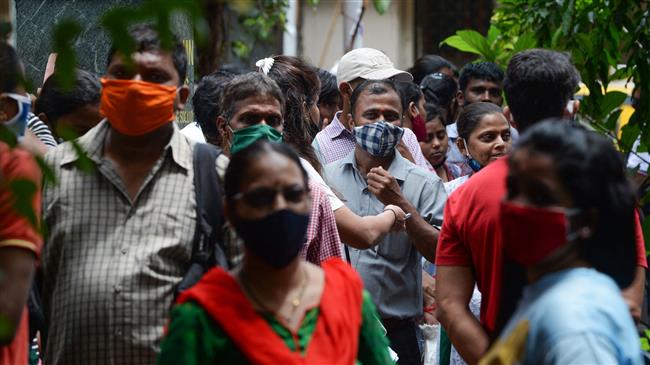
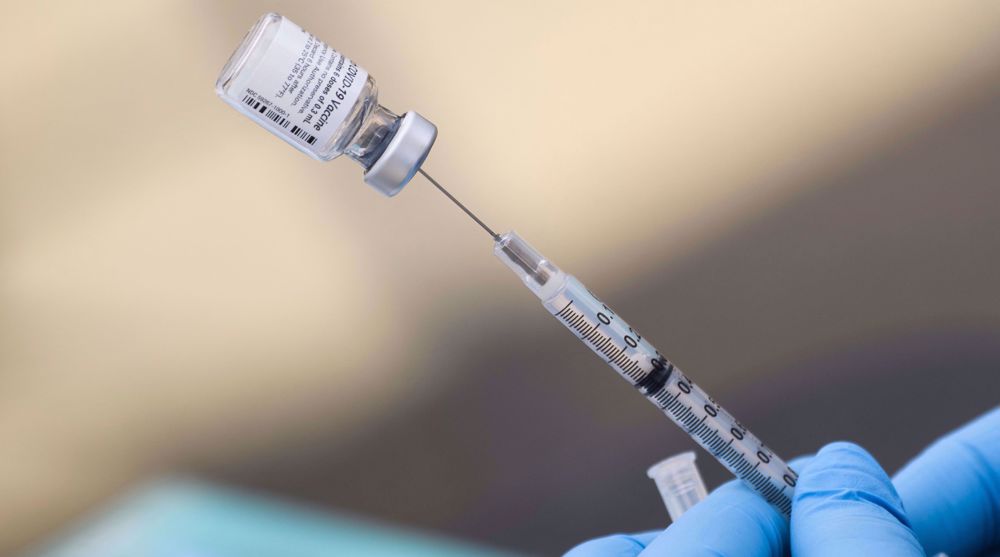
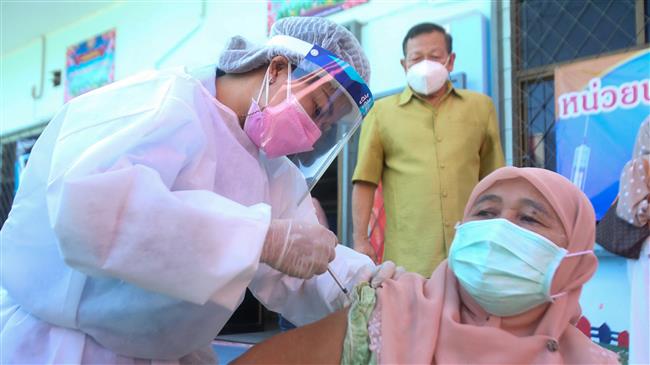
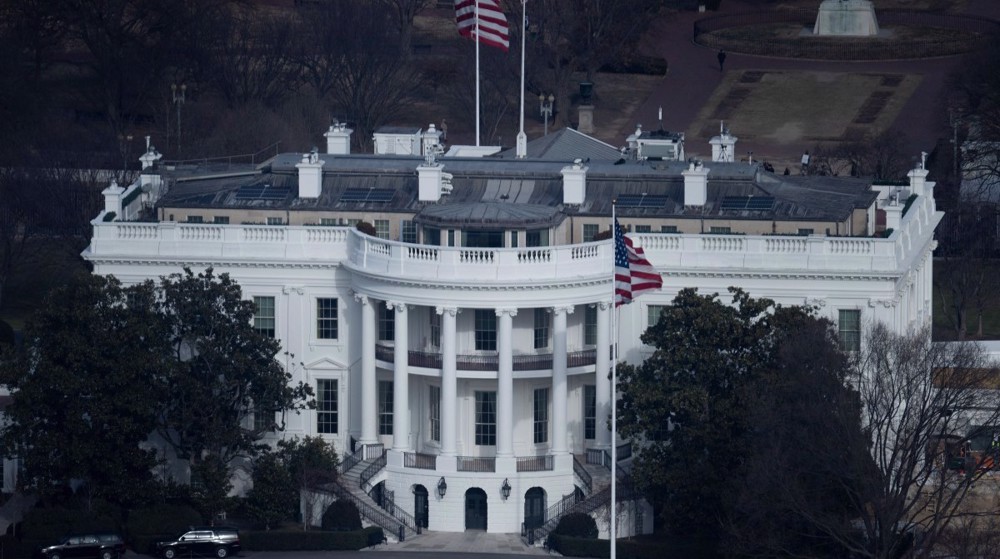
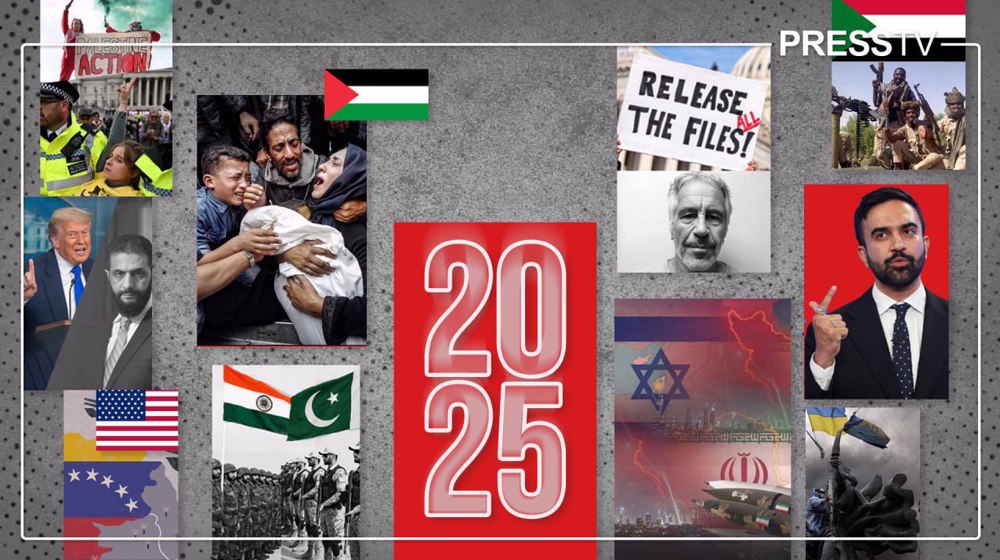
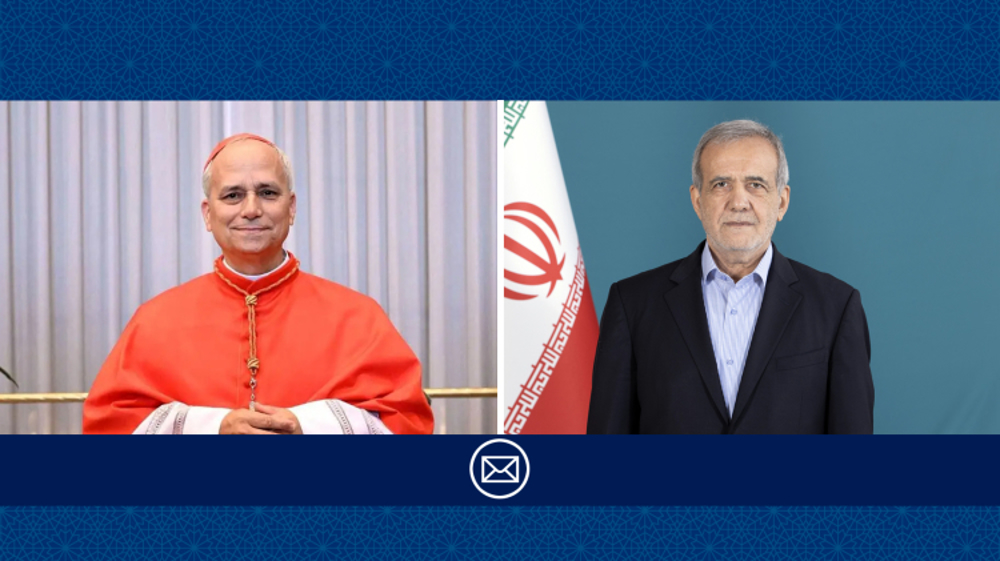



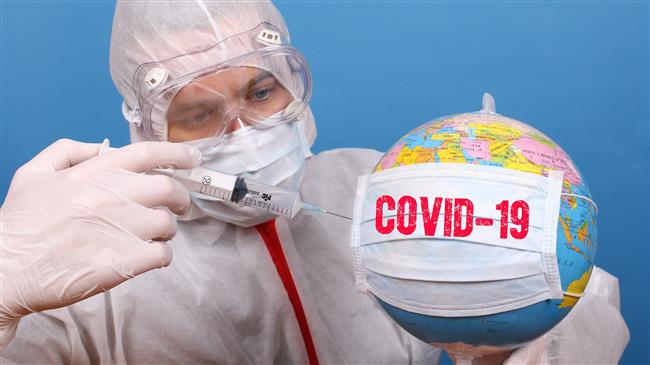
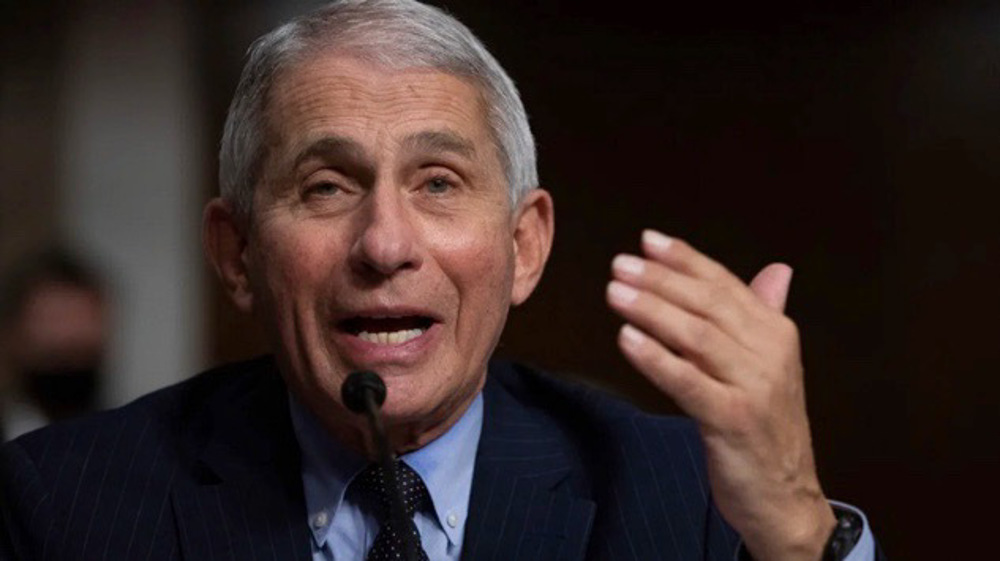
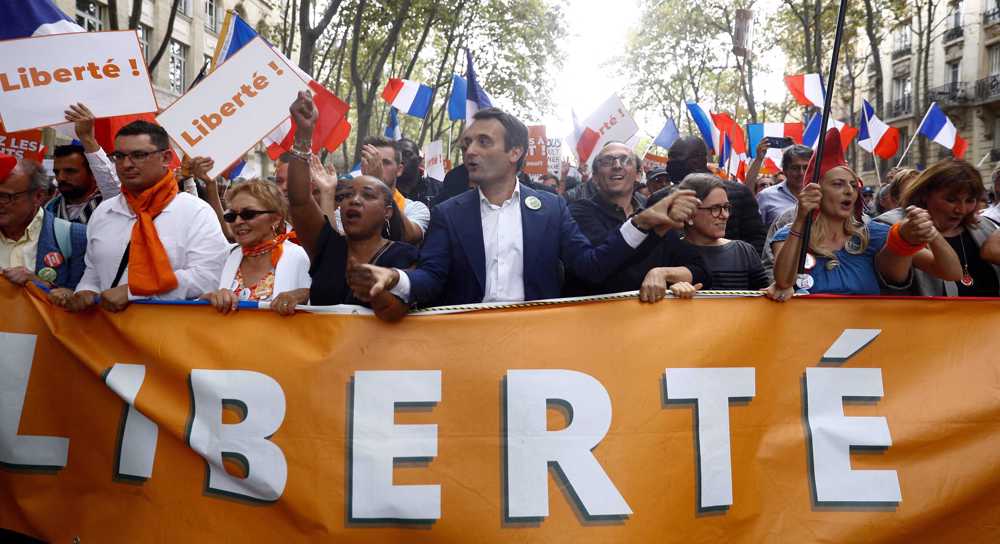
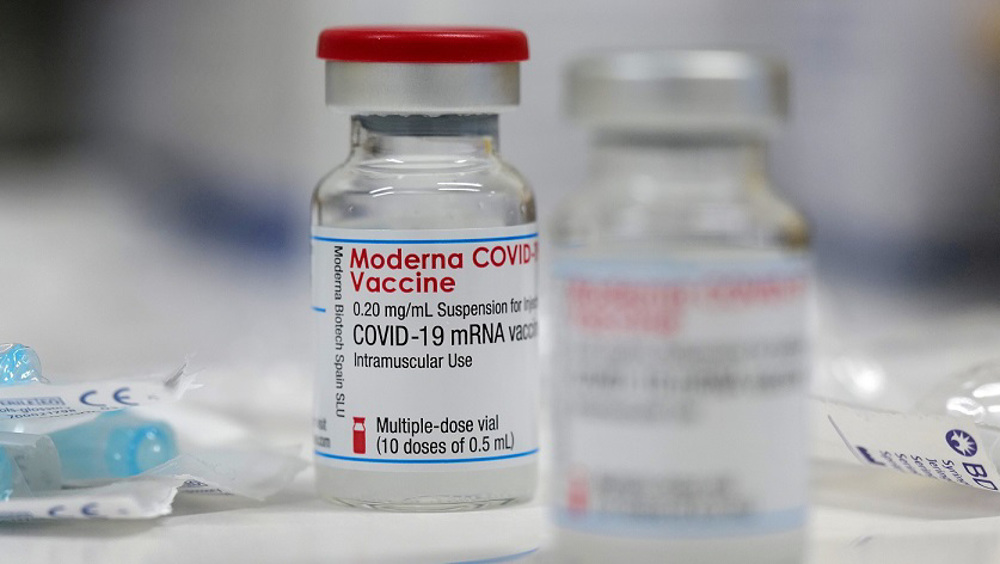

 This makes it easy to access the Press TV website
This makes it easy to access the Press TV website